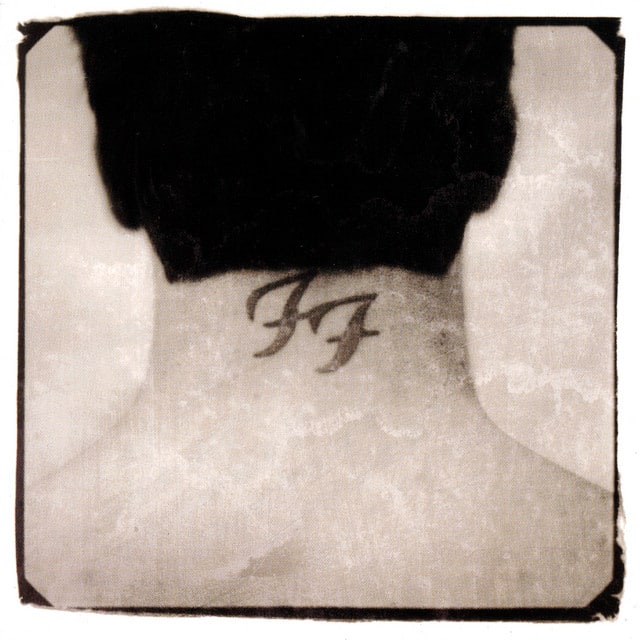Released: 2007
“The Pretender” by Foo Fighters charges out of the gate with a defiant howl against conformity and deceit. It’s a rock anthem that packs a punch, challenging the status quo and demanding authenticity in a world filled with pretense. The song is a rallying cry for individuality and resistance against being just another cog in the machine. Now, let’s break down these charged lyrics to uncover the layers beneath the surface.
The opening lines, “Keep you in the dark / You know they all pretend,” set the stage with a sense of mystery and manipulation. It speaks to the way systems—be it societal, political, or corporate—often work to keep individuals uninformed or “in the dark” to maintain control. The act of pretending here denotes a facade put up by those in power or by society as a whole to keep the status quo unchallenged. The introduction of “Send in your skeletons” suggests the summoning of hidden truths or secrets that everyone has but are often kept buried, hinting at the vulnerability we all share.
The chorus, with its repeated queries of “What if I say I’m not like the others?” serves as the heart of the song. It’s a declaration of defiance and individuality. The “others” symbolize the conformists, the pretenders, who go along with whatever they’re told without questioning. The protagonist here refuses to be another “play” in someone else’s game, resisting manipulation and asserting a strong will not to “surrender” to the forces that aim to control. This refrain is both a statement of resistance and a call to arms for listeners to stand up for who they are.
As the song progresses, it delves deeper into existential reflection with “In time or so I’m told / I’m just another soul for sale, oh well.” This echoes a feeling of disillusionment and the realization that, in the grand scheme, individuals can feel commodified or insignificant—”a soul for sale.” Yet, immediately following is the assertion of temporariness, “We are not permanent / We’re temporary, temporary,” reminding us of the transient nature of life and, perhaps, of the constructs that bind us.
The bridge, “I’m the voice inside your head / You refuse to hear,” personifies the internal struggle against the external voices of conformity and obedience. It’s a powerful reminder of the internal truth and morality that many try to silence amid external pressures. This section amplifies the song’s recurring theme of conflict between the individual’s authentic self and the societal pressure to conform.
The repetitive questioning, “So who are you?” towards the end serves as a direct challenge to the listener to reflect on their own identity amidst societal expectations. It’s as if the song itself demands an introspection of one’s principles and integrity.
In essence, “The Pretender” is a masterful anthem of rebellion and self-discovery. It uses the metaphor of pretense to challenge listeners to confront their own skeletons, question their conformity, and embrace the struggle for authenticity in a world that constantly tries to shape us into something we’re not. It’s a raw, electrifying call to break free from the chains of pretense and to stand tall in our truths, no matter how uncomfortable that may be.








